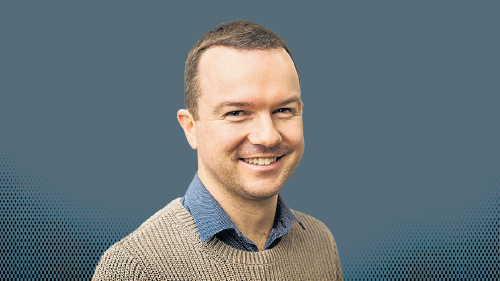
WAGGA is ready to welcome more refugees to the city, according to mayor Rod Kendall, with asylum seekers set to be granted five-year visas if they live in regional NSW.
Subscribe now for unlimited access.
or signup to continue reading
NSW has become the first state to sign up to the Safe Haven Enterprise Visa scheme, which will see asylum seekers able to apply to live in the state for five years if they move to a regional area like Wagga.
Refugees would be able to apply for the new visas instead of Temporary Protection Visas, which come with a more restrictive set of conditions. However, they must live outside Sydney, Newcastle or Wollongong to be eligible.
Cr Kendall has welcomed the move, describing it as a “win-win” for both the city and asylum seekers – so long as the appropriate support networks are put in place.
“Moving overseas refugees and immigrants into regional areas will mean a fair bit of work for those living in regional areas,” Cr Kendall said.
“The support services set up are going to need the relevant funding to make sure these people are connected with jobs and there’s the right support in place.”
The new visas will also provide a potential pathway for asylum seekers to obtain permanent residency.
Wagga has broad employment opportunities and “relatively cheap" housing and living, according to Cr Kendall, meaning asylum seekers moving to the area would find it easier to integrate into the community.
He said the city was already embracing its diverse ethnic communities, with around 30 people granted citizenship in ceremonies held each month at the council chambers.
“I’m more than willing to welcome anyone to Wagga who wants to contribute to the community,” Cr Kendall said.
“My experience is our migrant community are particularly good at assimilating into Wagga and being valuable citizens.”
Regional areas have proven an ideal place for asylum seekers to settle, according to Multicultural Council of Wagga chair Helen Lansdown, who has backed the state government’s move.
“I think the proposal is a good one, but my reservation would be the amount of employment available to thsoe people,” she said.
“Communities would have to find ways to support these people in employment.”
Ms Lansdown said Wagga was an area that had been “highly regarded” for the resettlement of asylum seekers.














